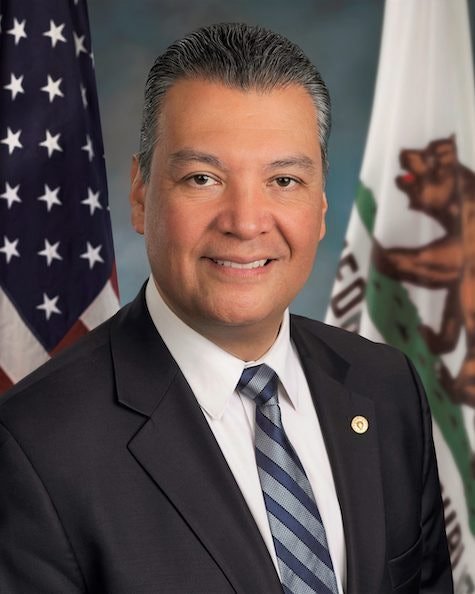In a letter to Education Secretary Linda McMahon, U.S. Senators Alex Padilla and Adam Schiff, along with Representatives Jim Costa, Zoe Lofgren, Derek Tran and 33 other California Democrats, challenged the administration’s September announcement to end discretionary grants for HSIs and other MSIs, despite no court ruling declaring the programs unconstitutional.
“Diverting resources away from these schools will disproportionately harm California students and students across the nation who depend on MSIs as the most accessible and affordable pathway to a degree,” the lawmakers wrote. “It would also weaken proven engines of upward mobility, deprive our workforce of diverse talent, and undercut the nation’s long-term competitiveness.”
The controversy stems from a July determination by the Department of Justice that Hispanic-Serving Institutions apply “racial quotas” in an “unconstitutional” manner. The DOJ declined to defend the constitutionality of Hispanic Serving Institution (HSI) programs in ongoing litigation filed by Tennessee challenging the eligibility requirements for federal HSI designation.
The Education Department announced during HSI Week on September 10 that it would reprogram the $350 million from MSIs to Historically Black Colleges and Universities and Tribal Colleges and Community Universities, despite no court order instructing such action.
California has more at stake than any other state. The Golden State is home to more than 170 HSIs and 85 eligible Asian American and Native American Pacific Islander Serving Institutions. Over 90 percent of California’s community colleges meet the federal HSI threshold, and 21 of 22 California State University campuses hold HSI designation. Five University of California campuses have also achieved HSI status.
These institutions collectively educate nearly 2 million students and enroll the majority of California’s first-generation and low-income students while demonstrating higher rates of economic mobility than non-MSI institutions, according to the letter.
Nationwide, more than 800 federally recognized MSIs—including AANAPISIs, Alaska Native and Native Hawaiian Serving Institutions, Native American Serving Non-Tribal Institutions, and Predominantly Black Institutions—enroll over 5 million students, many of whom are first-generation college attendees.
The lawmakers urged the administration to fund all MSIs, HBCUs and TCCUs as Congress intended, rather than pitting the institutions against each other for limited resources.
“Equitable, sustained funding across the spectrum of MSIs, HBCUs, and TCCUs will ensure that more institutions can continue broadening opportunity, reducing inequities, and powering the American economy,” they wrote.
On October 10, the U.S. District Court for the Eastern District of Tennessee granted the Hispanic Association of Colleges and Universities (HACU) and LatinoJustice PRLDEF the right to intervene in the Students for Fair Admissions lawsuit against the Education Department, allowing affected campuses to defend the programs in court.
Padilla, who chairs the Senate HSI Caucus, has led congressional opposition to the Trump administration’s actions against MSIs. Last month, he and 26 Senate colleagues demanded McMahon reverse the decision.











